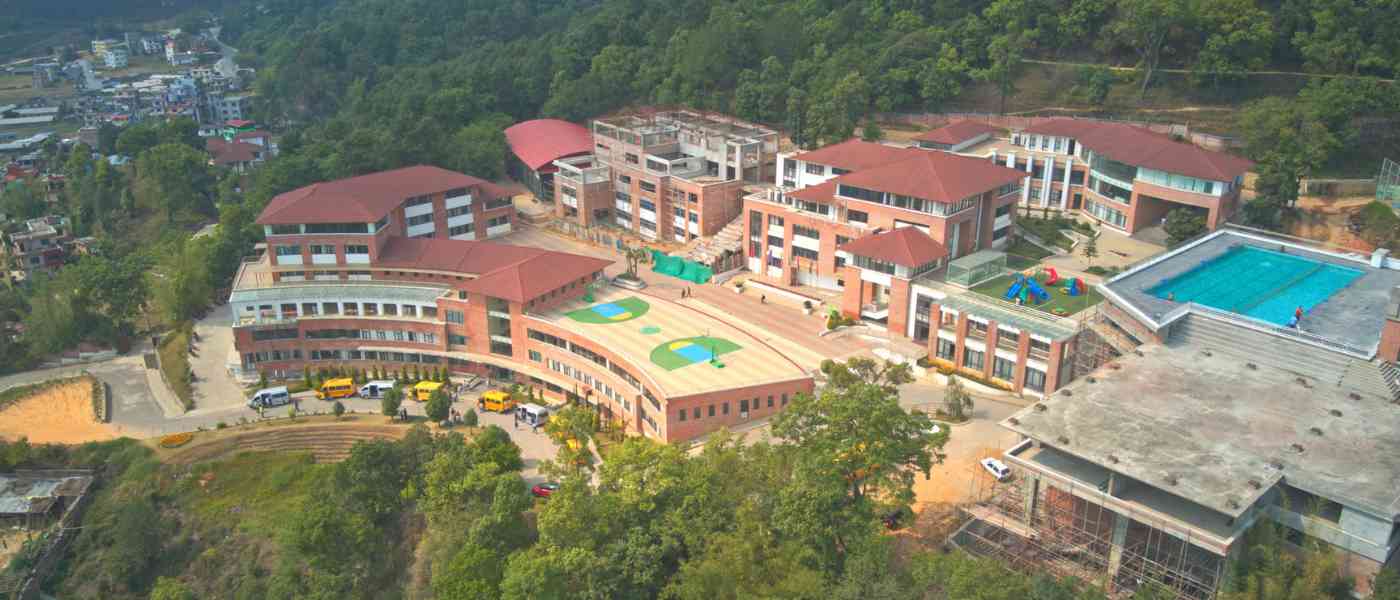Leadership is an important skill beyond academic achievement and plays an important role in personal growth and professional success. Kathmandu World School (KWS) in Nepal emphasizes developing leadership skills among its students, preparing them to be effective leaders in their communities and future workplaces. Leadership education at KWS offers theoretical knowledge, practical experience, accountability, empathy, communication, and strategic collaborative thinking. Developing leadership skills among students understanding leadership in an educational context.
Leadership at Kathmandu World School is not only about positions of authority but also about positively influencing peers, setting an example, and collaborating to achieve shared goals. The school’s leadership program aims to develop self-awareness, ethical decision-making, and the ability to motivate others. By integrating leadership principles into the broader education curriculum, KWS ensures that leadership development is an integral part of the learning experience, not a standalone activity.
Strategies for cultivating leadership skills:
Extracurricular Activities and Clubs:Â
At KWS, there are several opportunities for students to participate in extracurricular activities such as student councils, sports teams, and debate teams. This role allows students to practice leadership practically for instance, being a sports team’s captain entails inspiring peers as well as quick decision-making and planning under stress/pressure among others that help build their leadership skills.Â
Project-Based Learning(PBL):Â
Project-based learning (PBL) at KWS involves students taking an active role in their education instead of simply memorizing information from textbooks. Students' critical thinking and problem-solving skills improve as they engage with real-life problems and assignments.
Mentorship Programs:Â
KWS provides a mentorship program that links students with mentors to offer advice, assistance, and input. These relationships assist students in comprehending leadership development and acquiring an understanding of successful leadership techniques. Teachers, older students, or community professionals can act as mentors. These interactions aid students in developing the crucial interpersonal skills needed for leadership by fostering communication and trust.
Community Service and Social Responsibility:
Participation in community service projects is an important part of student life at KWS. These projects teach students the importance of empathy, compassion, and social responsibility. Leadership isn’t just about managing people, it's about understanding and meeting the needs of others. Through community service, students learn to lead projects that benefit the community and foster a sense of civic responsibility and ethical leadership.
Leadership Workshops and Seminars:Â
KWS also hosts conferences and workshops focused on leadership development. These sessions cover a variety of topics, including effective communication, conflict resolution, time management, and strategic planning. Guest speakers and leadership simulations provide students with practical insights and hands-on experiences to enhance their leadership abilities.
     Â
The Role of Teachers and School Administrations
At KWS, teachers and school administrators play an important role in developing leadership skills for students. They create a supportive environment that encourages student effort and independence. By practicing effective leadership practices such as active listening, empathy, and ethical decision-making, teachers encourage students to develop the same attitudes. Additionally, giving students leadership opportunities, recognizing their progress, and providing constructive feedback strengthens their leadership journey.
Challenges and solutionsÂ
Developing leadership skills in students is very important for their personal growth and future success. Kathmandu University uses a variety of methods to acquire these skills such as extracurricular activities, project-based learning, mentoring programs, community service, leadership workshops, and implementation projects. But, despite the advantages, it can be difficult to develop leadership skills among students. Some students lack the confidence or hesitate to take on leadership roles. To address this, KWS implements inclusive leadership programs that are sensitive to the needs and backgrounds of diverse students. Encouraging a growth mindset, where mistakes are viewed as learning opportunities, helps students overcome their fear of failure.
Balancing leadership development with academic qualifications is another challenge. The integration of KWS leadership training into the existing curriculum mitigates this issue and ensures that it supports academic learning. The school also provides leadership opportunities that are flexible according to student schedules and ensures that all students have the opportunity to develop their leadership skills.
Developing leadership skills in students is essential for their personal growth and future success. Kathmandu University uses a variety of strategies to develop these skills such as extracurricular activities, work-based learning, mentoring programs, community service, leadership workshops, and practical projects


